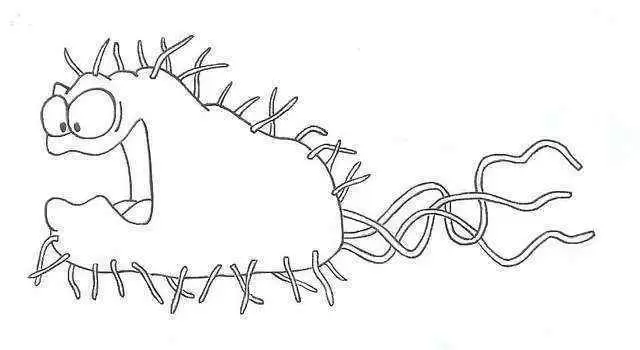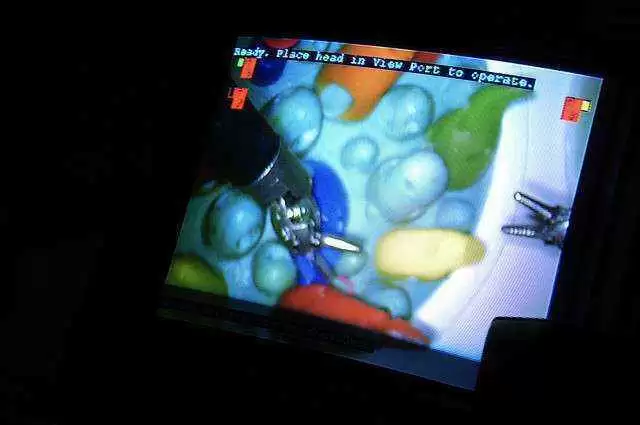
Celiac.com 02/17/2017 - In recent tests, researchers found that microwave treatment (MWT) of wet wheat kernels caused a striking reduction in R5-antibody-based ELISA gluten readings, reducing the readings to under 20 ppm, so that wheat could theoretically be labeled as gluten-free. However, the actual gluten content of the wheat remained unchanged. Just the test reading changed.
The research team included C Gianfrani, G Mamone, B la Gatta, A Camarca, L Di Stasio, F Maurano, S Picascia, V Capozzi, G Perna, G Picariello, A Di Luccia. They are variously affiliated with the Institute of Protein Biochemistry, CNR, Naples, Italy, the Institute of Food Sciences, CNR Avellino, Italy, the Department of the Sciences of Agriculture, Food and Environment at the University of Foggia, Italy, the Institute of Food Sciences, CNR Avellino, Italy; Department of Agriculture, University of Naples, Portici (Na), Italy, the Department of Clinical and Experimental Medicine, University of Foggia, Foggia (Italy) and National Institute of Nuclear Physics, Section of Bari, Italy, and the Department of the Sciences of Agriculture, Food and Environment, University of Foggia, Italy.
Celiac.com Sponsor (A12):
The failure of R5 Elisa to register gluten in MWT stands in stark contrast to analysis of gluten peptides by G12 antibody-based ELISA, mass spectrometry-based proteomics, and in vitro assay with T cells of celiac subjects, all three of which gave consistent results both before and after MWT.
As to what caused the R5 Elisa to misread the MWT samples, an SDS-PAGE analysis and Raman spectroscopy showed that MWT reduced the alcohol solubility of gliadins, and altered the access of R5-antibody to the gluten epitopes. Thus, MWT neither destroys gluten nor modifies chemically the toxic epitopes, this contradicts claims that MWT of wheat kernels detoxifies gluten.
This study provides evidence that R5-antibody ELISA alone is not effective to determine gluten levels in thermally treated wheat products.
Gluten epitopes in processed wheat should be monitored using strategies based on combined immunoassays with T cells from celiacs, G12-antibody ELISA after proteolysis and proper molecular characterization.
Source:







Recommended Comments
Create an account or sign in to comment
You need to be a member in order to leave a comment
Create an account
Sign up for a new account in our community. It's easy!
Register a new accountSign in
Already have an account? Sign in here.
Sign In Now